À propos du projet
Depuis deux ans, EU for Trisomy 21 travaille à l'organisation d'une série d'événements en ligne et en personne pour mettre en lumière les éléments essentiels de notre mission qui consiste à sensibiliser et à défendre les droits des personnes atteintes de #Trisomy21 en Europe et au-delà.
L'avenir nous appartient was an EU sponsored project consisting of three online and one in-Person event between September 2022 and July 2023. With the EU elections coming up in 2024, and many people with Down Syndrome being allowed to vote in them for the first time, we wanted to take our time to highlight the four goals of EU for Trisomy 21: Autonomie, Visibilité, Santé et Traitement égal.
One event at a time, EU for Trisomy 21 made sure our EU wide Network is prepared for the upcoming elections - and even more important that the decision makers are prepared for us! We gave the floor to field experts, parents and decision makers, and most importantly to Self Advocates: People with Down Syndrome to shared their own stories and experiences. Through our events, our participants had the chance to meet, discuss and come up with concrete solutions in favour of making this world a better place for people with Down Syndrome.
SPEAKERS
The Future is Ours Project was designed to support and involve people with Down Syndrome in a meaningful way. From the start, we made sure our events were not just for people with Down Syndrome, but also led by them. We aimed to spotlight their voices and achievements, ensuring our audiences saw real, relatable examples of success. This approach has been warmly received, with many attendees feeling inspired by seeing others like themselves achieve great things.
As the project wraps up, we're eager to keep this spirit alive. We encourage our network to continue inviting our speakers to their events, fostering an environment of inclusion and inspiration. Below, you'll find information about our speakers and how to get in touch with them for future events.
Questions asked & answered
during the project
As the EU elections draw near in 2024, it's a pivotal moment for our community, especially for many individuals with Down Syndrome who will be exercising their voting rights for the first time. This momentous occasion has sparked a series of important questions and discussions within our network and beyond, focusing on how the European Union can better serve and include people with Trisomy 21.
From autonomy and visibility to health and equal treatment, the goals of EU for Trisomy 21 have never been more relevant. Our events have not only prepared our network for the upcoming elections but have also aimed to ensure that decision-makers are ready to embrace and address our needs and rights. By giving the floor to self-advocates, field experts, parents, and policymakers, we've fostered a space for sharing stories, experiences, and formulating tangible solutions to create a more inclusive world for people with Down Syndrome.
Below, we present a selection of critical questions that have emerged from our discussions. These questions are directed towards both our community members, to reflect on their expectations and needs, and EU representatives, to consider what more can be done to acknowledge and support the rights of people with Trisomy 21. As the election approaches, we invite you to engage with these questions, share your thoughts, and continue the conversation through our various channels.
Please note that the questions and answers have been written in easy language to ensure that our community and self-advocates can fully understand and engage with them. We also welcome any further questions you might have. Feel free to send them to us, and we will address them via email, on our social media, or directly on our website. Your participation is crucial as we strive for a future that is more inclusive and accessible for everyone.
From people with disabilities about the EU
What is the European Union and why is it important to me?
The EU, or European Union, is a partnership between different countries in Europe. They work together on big issues like health, education, and rights for people, including those with disabilities. It's important to you because decisions made by the EU can affect many areas of your life, such as the support services you can access and your rights in society.
Will I be able to vote in the upcoming European Parliament elections?
In the European Union, there are rules about who can vote. In seven countries (Bulgaria, Denmark, Estonia, Hungary, Lithuania, Portugal, and Slovenia), people with intellectual disabilities might need a guardian to help them vote. But, there's a problem: only one person can enter the polling booth, which makes it hard for people with intellectual disabilities to get the help they need and, in some cases, stops them from voting. The European Union says it wants everyone to vote, but these rules make it difficult if not impossible in some places. It's a big issue that needs fixing so that everyone can have their say in the elections.
How does the EU plan to listen to people with disabilities?
The EU has said they want to listen to people with disabilities when they make decisions. They want to use what we say to make laws and rules that are better for everyone. But, it's important they really do what they say. Our voices need to be heard and make a real difference. They are trying to get better at this by talking more with people with disabilities and the groups that help them. It's important that they keep working on this, so our ideas and needs help change things for the better.
What is the EU doing to make sure voting is accessible for everyone?
The EU is working on making voting easier for people with disabilities. This includes creating materials that are easy to understand and making polling stations easier to get to. However, there's still a lot to be done to ensure everyone can vote independently and in private. We need to make sure that everyone, including those with disabilities, can vote easily and without any problems. This means making sure that all voting places are accessible, that the information about the election is understandable to everyone and that everyone knows how to use the voting machines or computers. Everyone's vote is important, so it's crucial that everyone can vote without any issues.
From decision makers to people with disabilities
What are the biggest challenges you face when trying to participate in elections?
One big challenge is that the rules and places for voting aren't always accessible. This means that getting into the polling station can be difficult, and sometimes the way we're supposed to vote is too complicated. Also, information about voting and what the different parties stand for isn't always easy to understand. It uses words and ideas that can be hard to follow.
How can we make our election campaigns more accessible and inclusive for you?
Making campaigns more accessible means providing information in formats that are easy to read and understand, ensuring that everyone can grasp the key messages without confusion. This includes using easy language translated for all EU countries to explain complex ideas. Additionally, ensuring events are accessible to everyone, such as venues that are wheelchair-friendly and have necessary support for those with hearing or visual impairments, is crucial. The European Disability Forum has crafted a "Pledge for candidates in the EU elections 2024" emphasizing the need for an inclusive future where all voices are heard and valued- sign ici.
How can we involve you more in talking about laws and decisions that affect you?
It would be a good idea if more people with intellectual disabilities worked in EU institutions. Right now, only about half of working-age people with disabilities have jobs in the EU. If the EU institutions hired more people with disabilities, they could set a good example and make sure our ideas are part of the decisions that affect us. This way, they can make sure they're listening to us and making laws that help everyone, including people with disabilities.
What would you like to see happen after the EU Parliament election in 2024?
After the June 2024 election, I hope the newly elected Parliamentarians champion disability rights in the EU Parliament. I hope they re-establishing the Disability Intergroup and work with the disability movement to enhance the EU Strategy on the Rights of Persons with Disabilities. I want them to promote political participation of people like me by introducing an internship program for people with intellectual disabilities. I want them to combat discrimination, ensure a more social Europe, enhance accessibility, and strengthen global disability protections. Don't forget about actually asking us what we need - Nothing about persons with disabilities can be decided without our input.
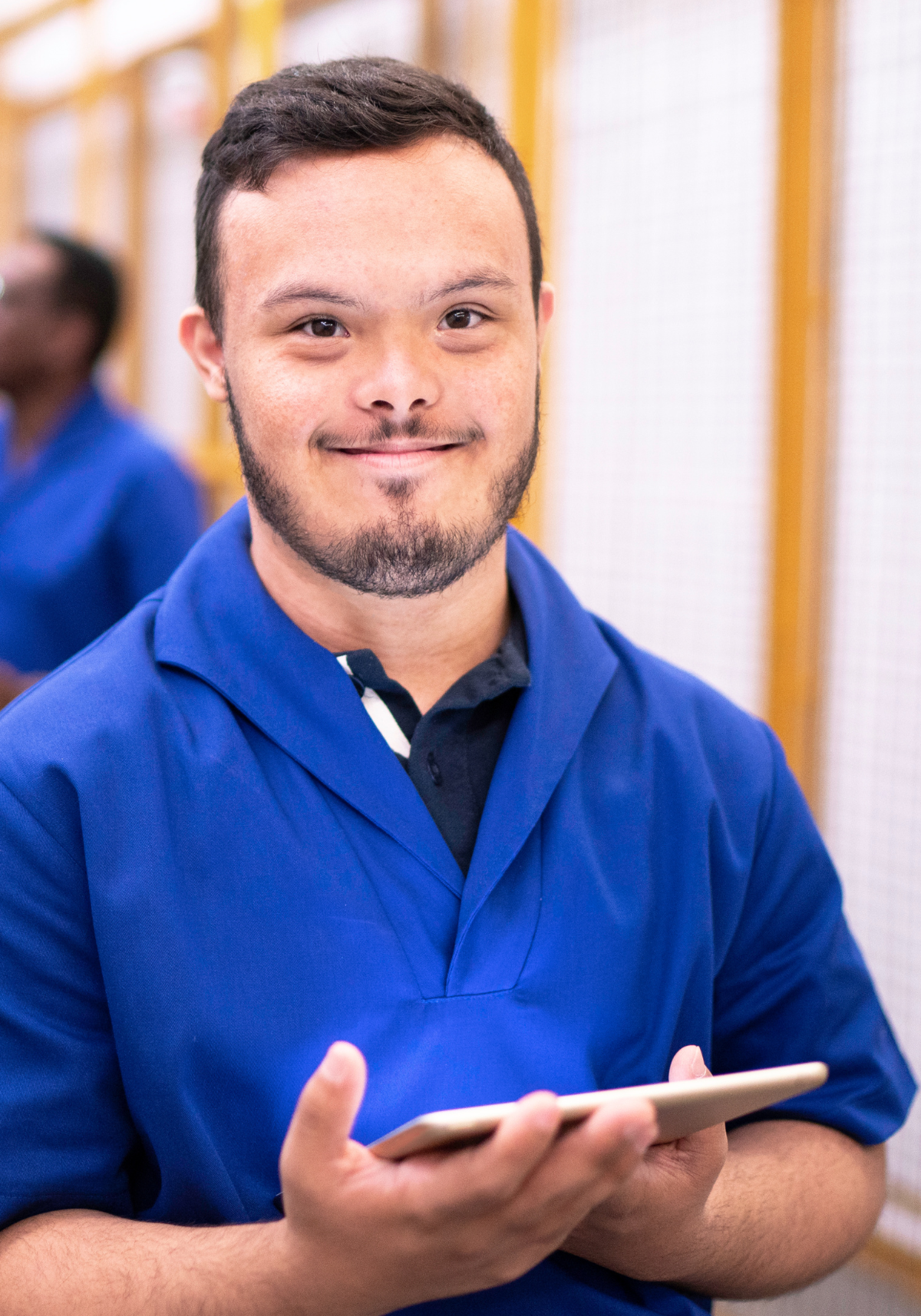
Introduction to the paper: In recent years, there has been growing recognition of the importance of inclusivity and representation in democratic processes. For the European Union (EU), ensuring that all citizens can exercise their right to vote is a fundamental aspect of a fair and democratic society. However, individuals with intellectual disabilities often face significant barriers that limit their political participation. In preparation for the 2024 European Parliamentary Elections, it is crucial for the EU to prioritize the expansion of voting rights for people with intellectual disabilities. This paper aims to explore best practices and considerations for expanding voting rights for individuals with intellectual disabilities in the EU, particularly in the upcoming 2024 elections.
À propos d'Eufortrisomy21.eu
Une plateforme de collaboration d'associations, de citoyens et d'hommes politiques travaillant ensemble pour la célébration de la journée mondiale de la trisomie 21, pour rendre visible le handicap intellectuel en général et les personnes atteintes de trisomie 21 en particulier ).

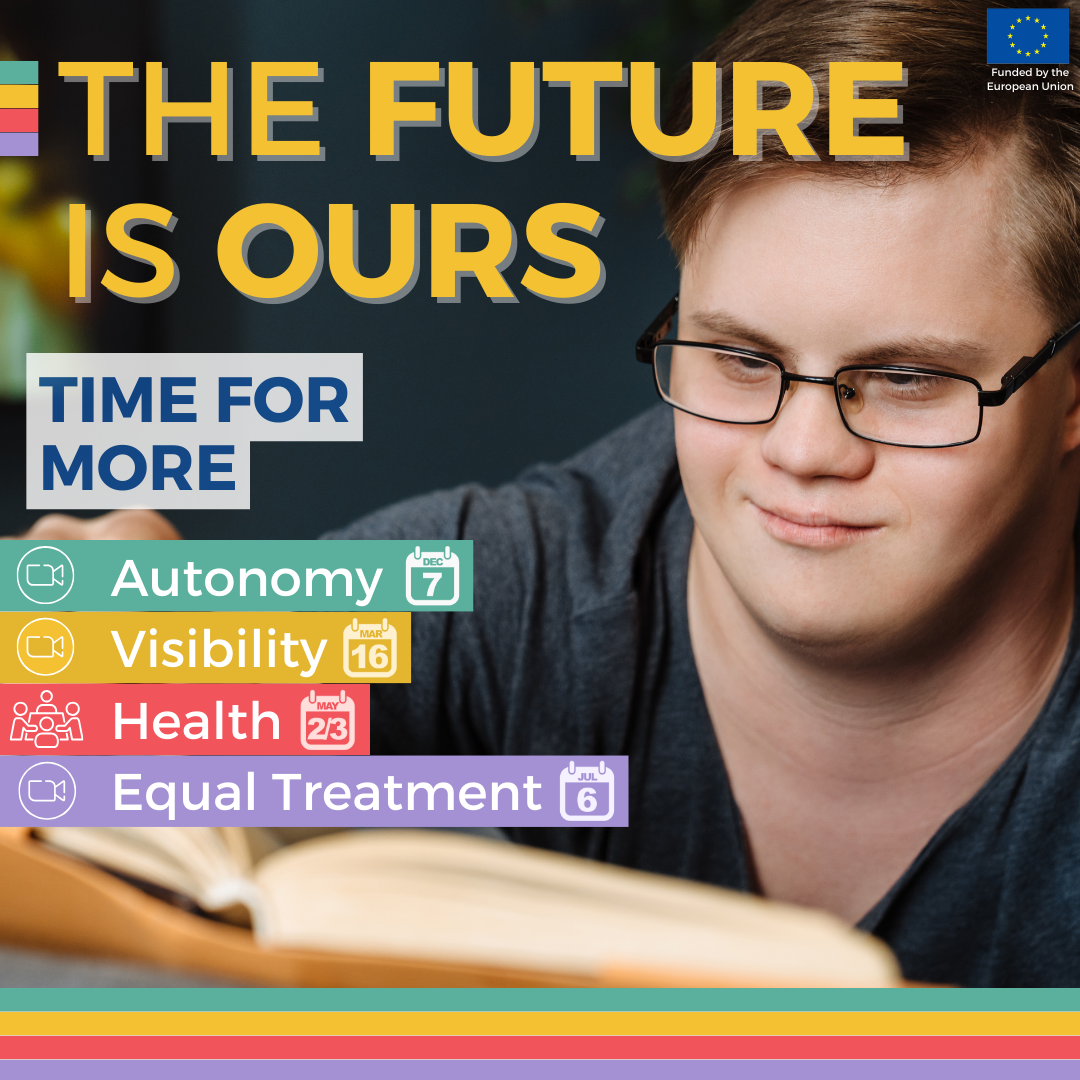
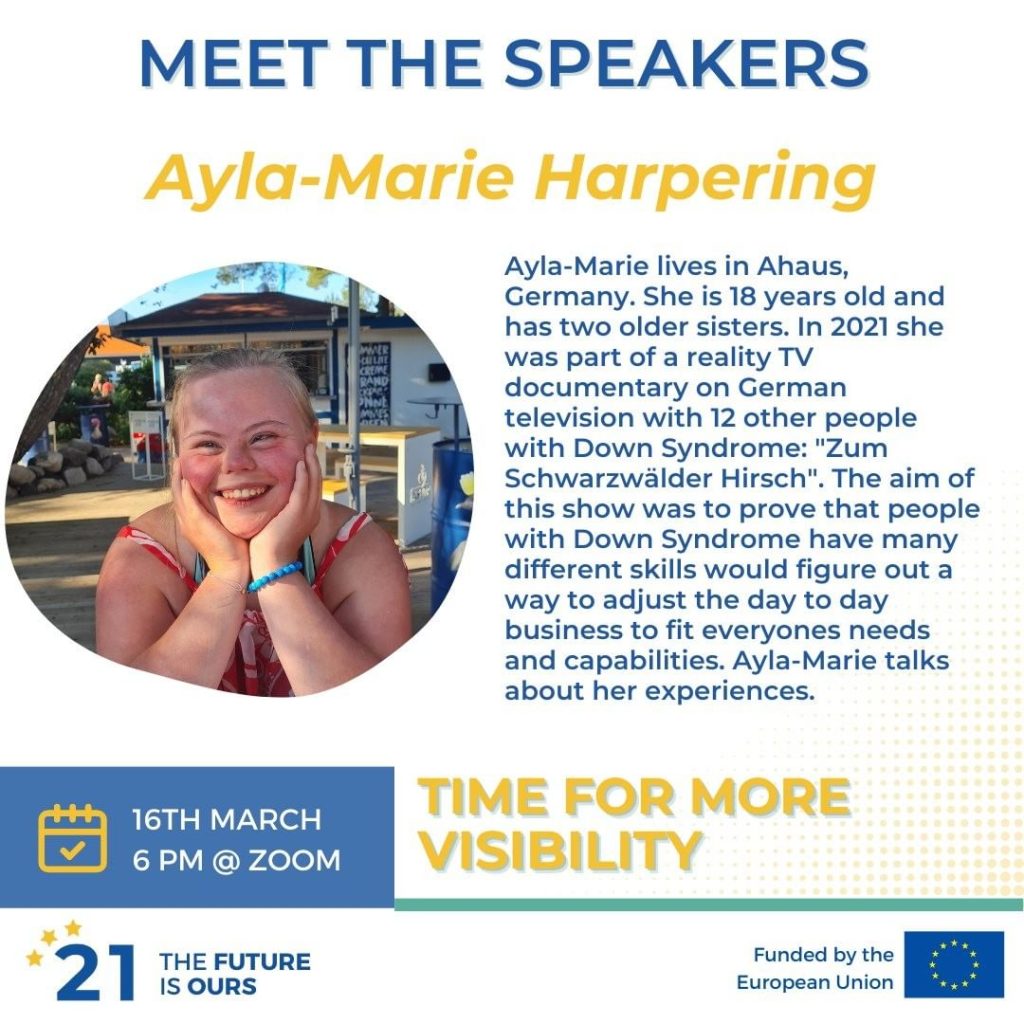 Pays: Germany
Pays: Germany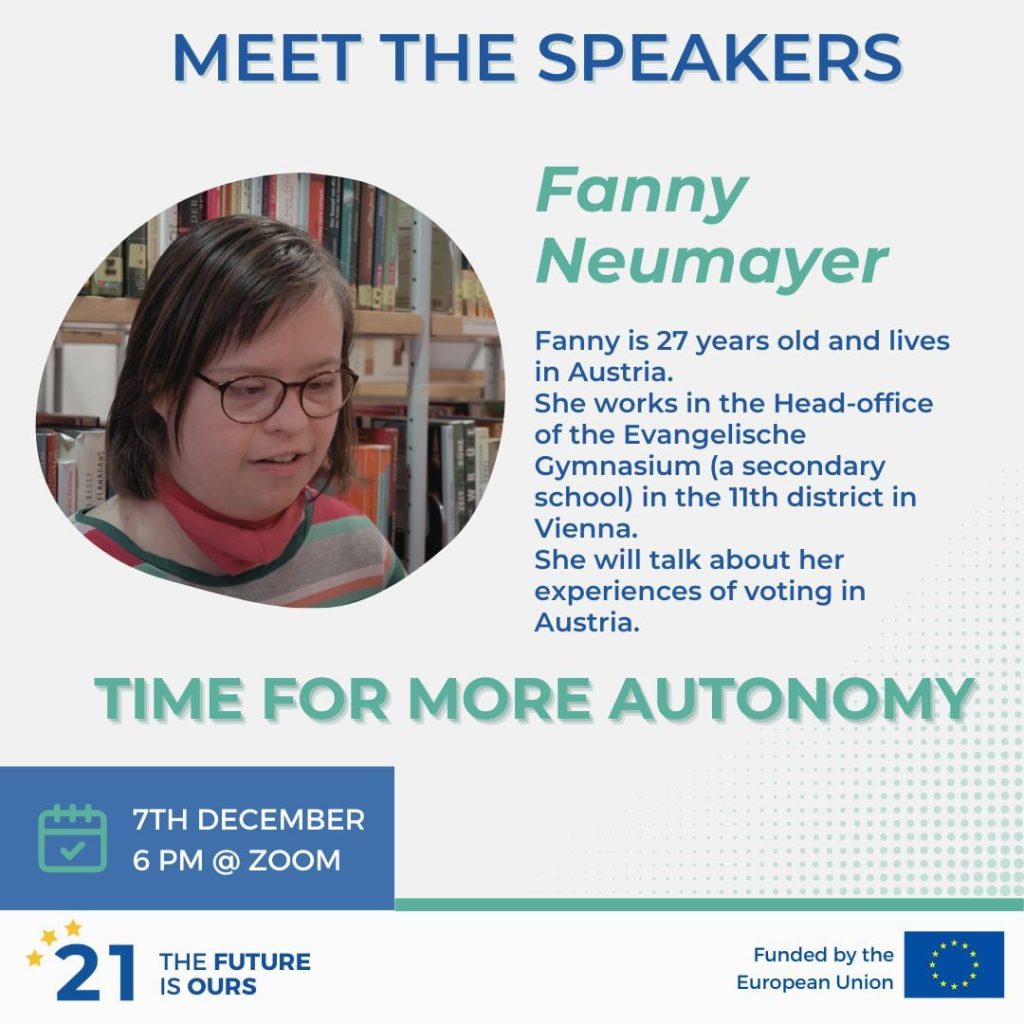 Pays: Austria
Pays: Austria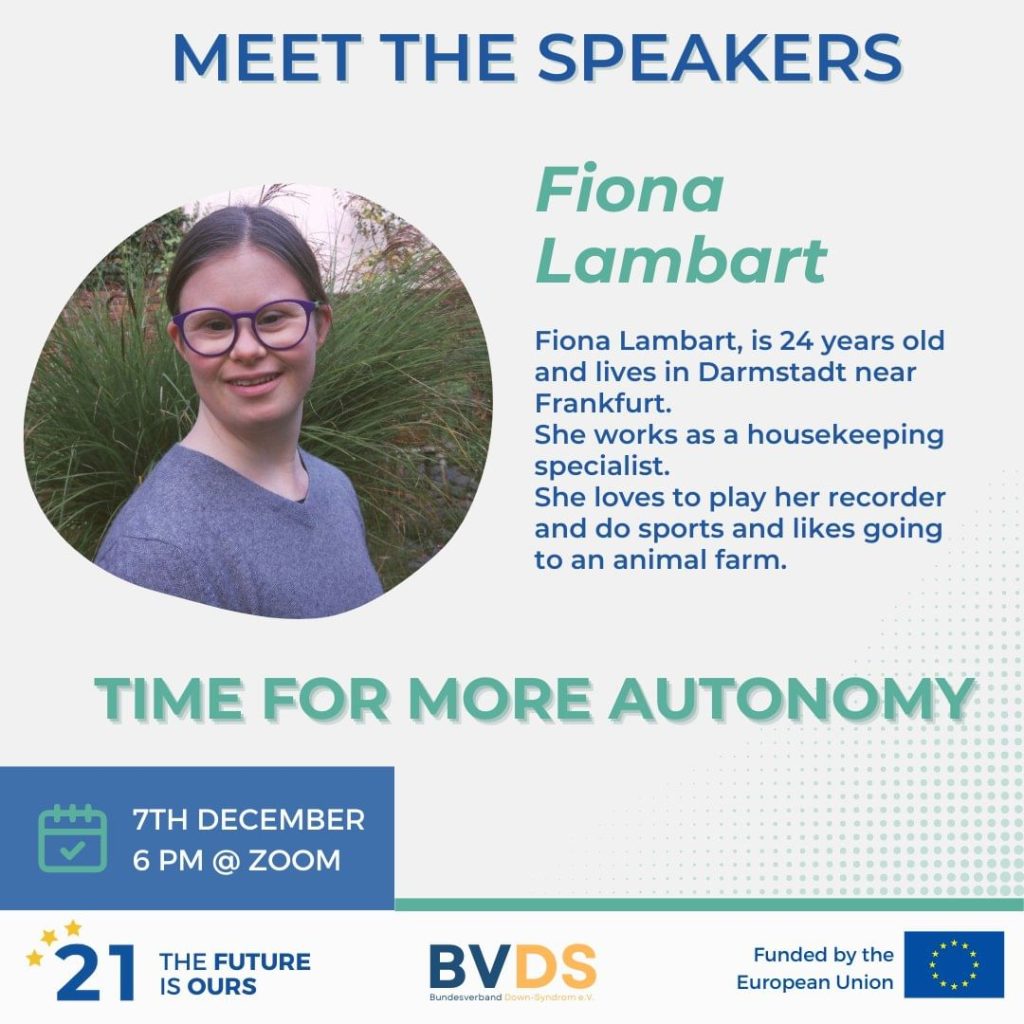 Pays: Germany
Pays: Germany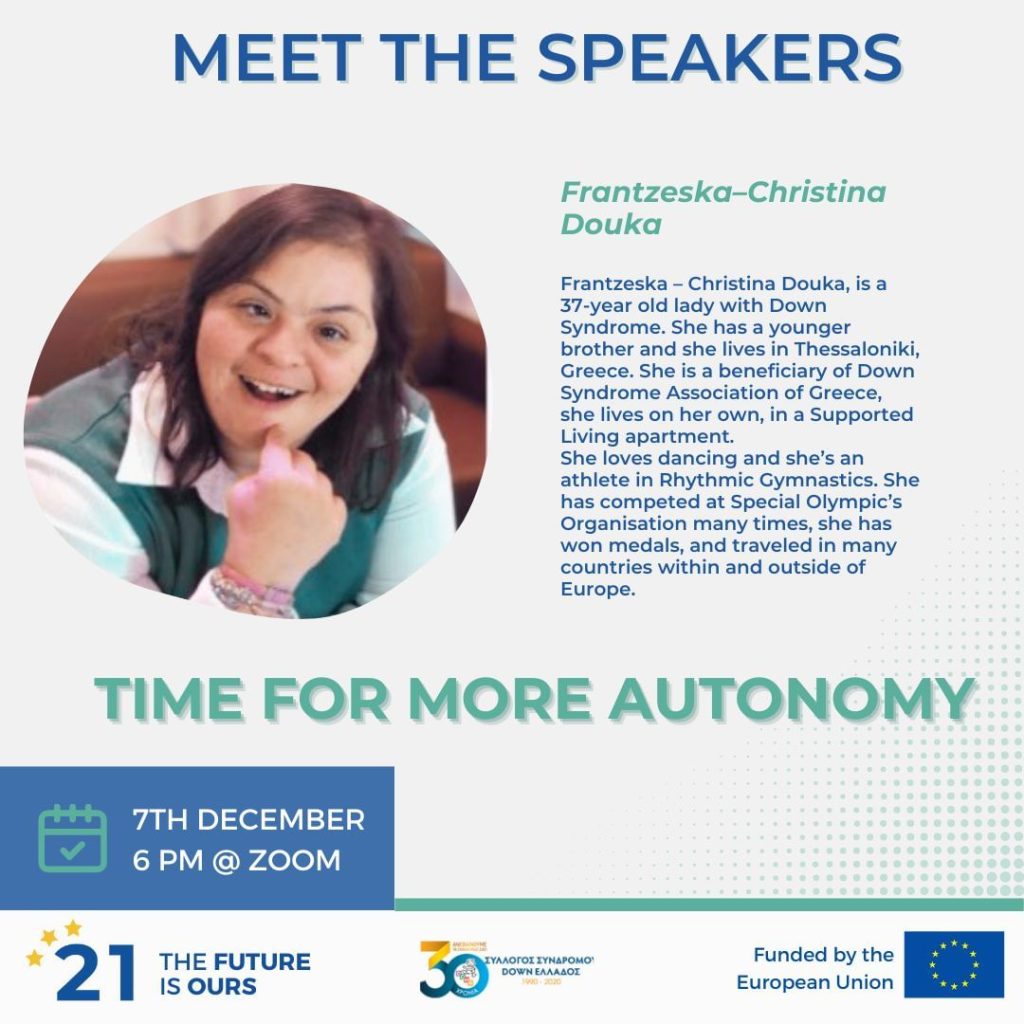 Pays: Greece
Pays: Greece
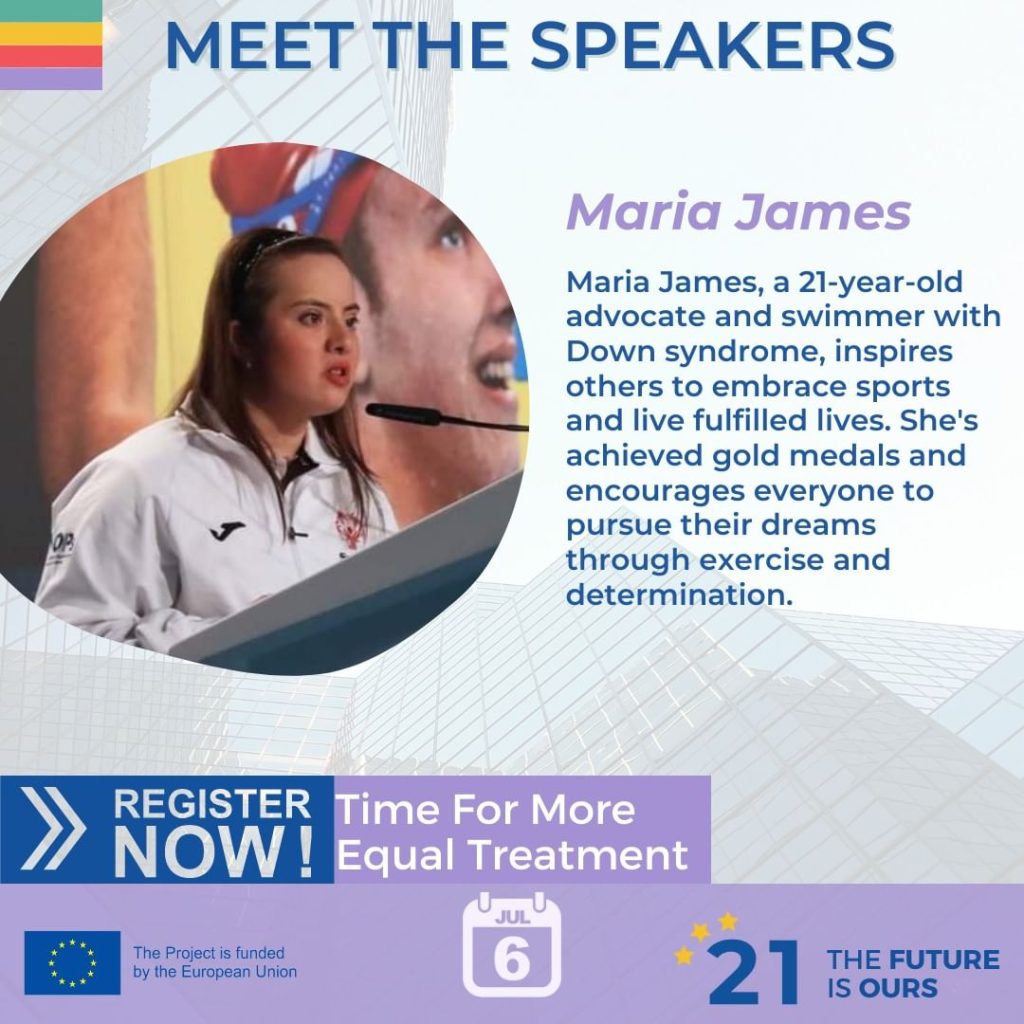 Pays: Malta
Pays: Malta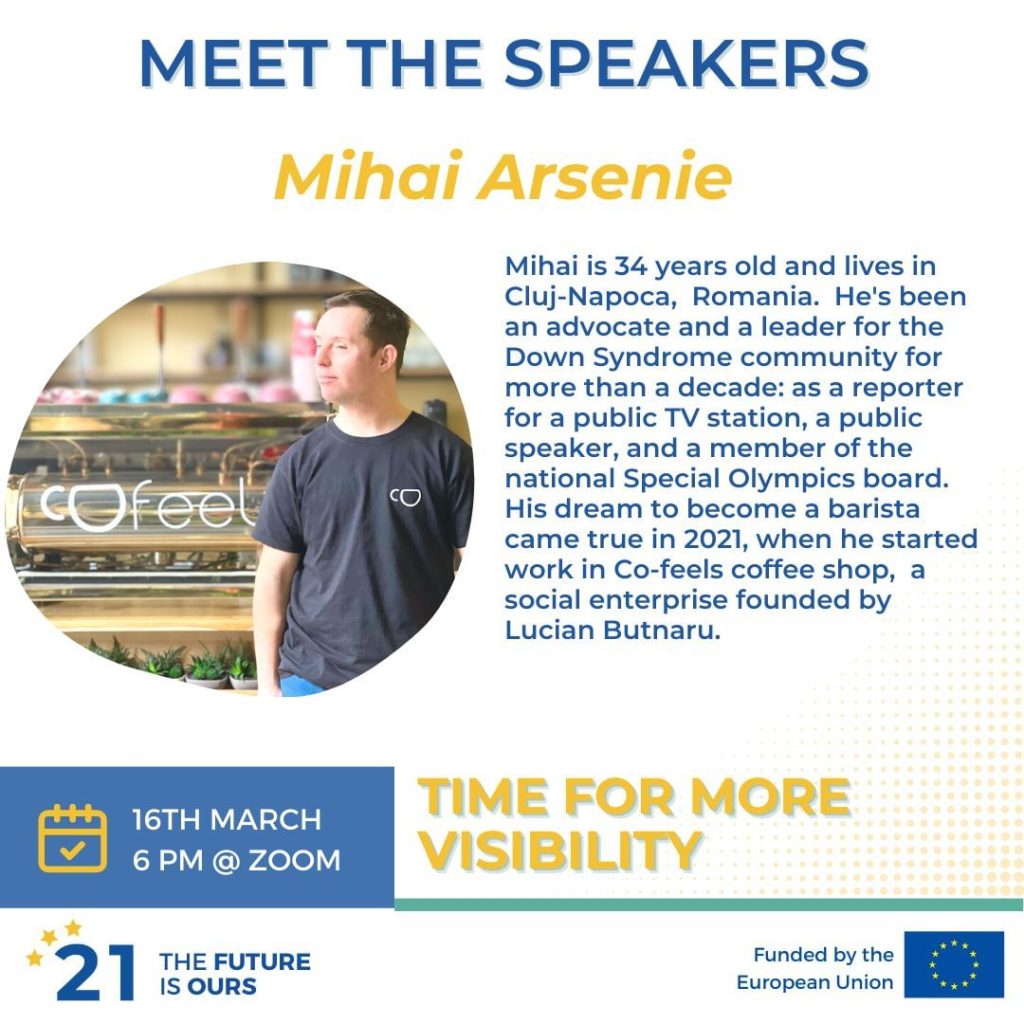 Pays: Romania
Pays: Romania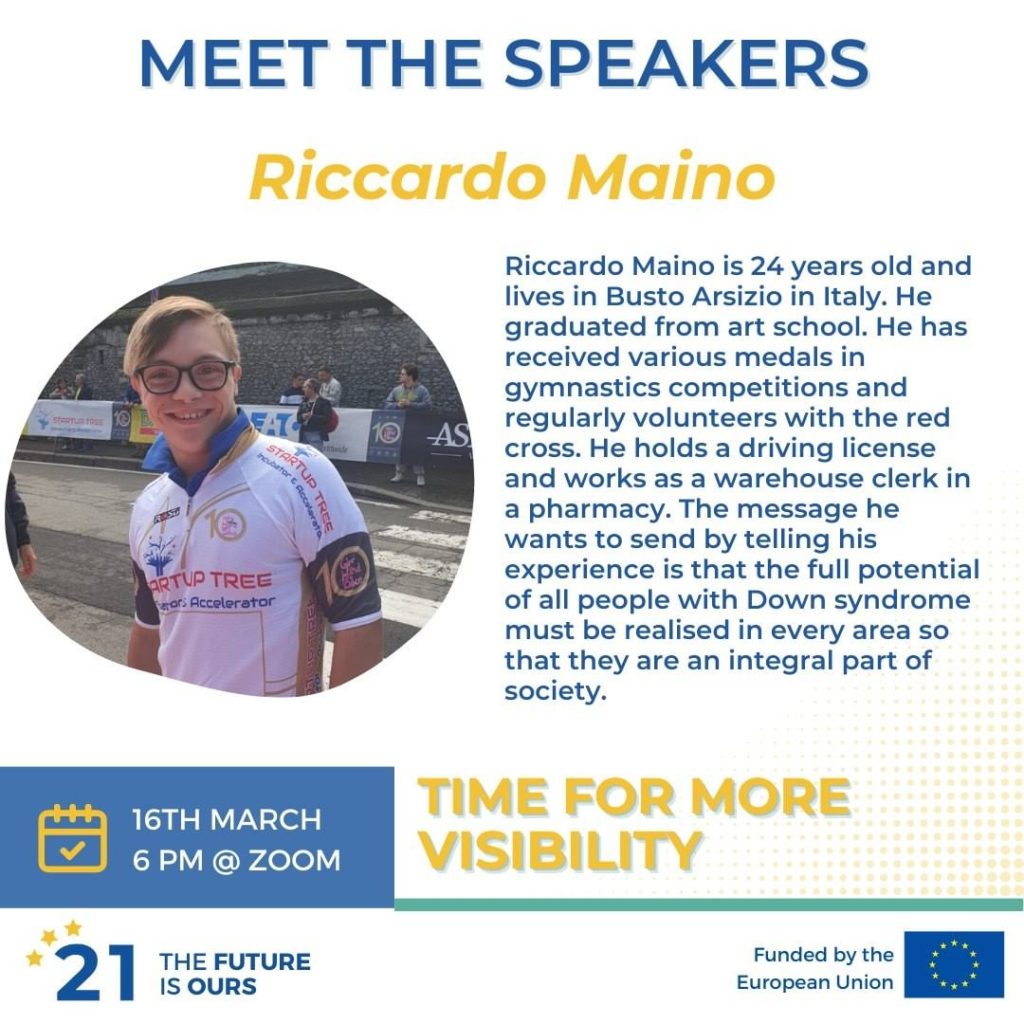 Pays: Italy
Pays: Italy